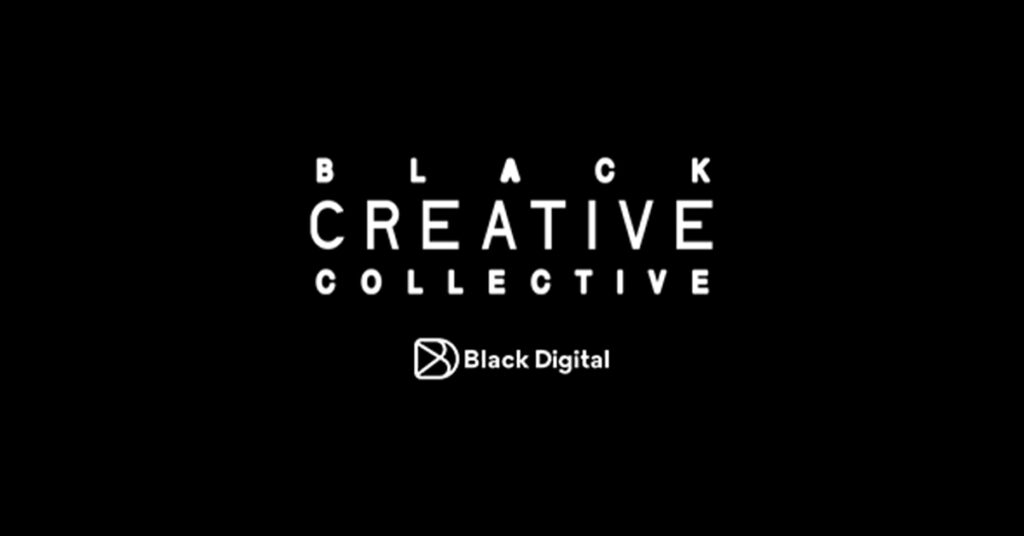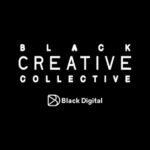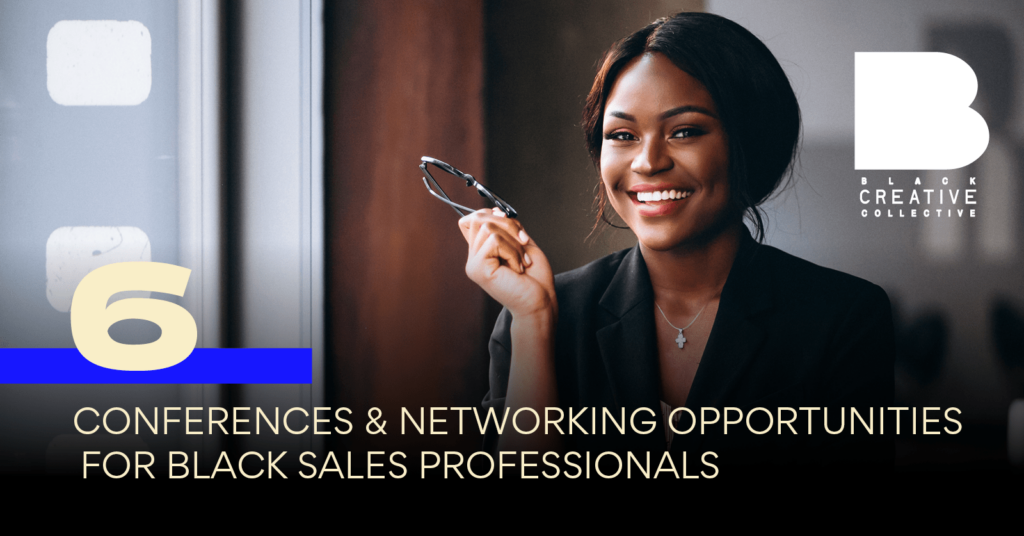Diversity, Equity and Inclusion, known as DEI, isn’t new. It’s existed for centuries and has always centered around leveling the playing field between the disadvantaged and power structures that prevented or severely limited advancements by marginalized communities.
Just like other forms of progress, the push towards building a truly equitable community where people are judged solely on merit isn’t always linear. Historically, DEI has always been a pendular movement. In recent years and especially with the current administration in office, there’s a heavy push to reverse the initiative.
This top down regressive push began with the SCOTUS reversal of affirmative action for college admissions in 2023. We’ve seen countless businesses and even educational institutions turn their backs on embracing diversity with mixed results. But from a financial perspective, there’s a tangible cost linked with snubbing DEI.
What is DEI?
DEI is just a new label for an initiative with roots in 19th-century America. Experts point to its earliest form during the Reconstruction Era in the late 1800s. In a post Civil War society, many politicians and activists wanted to right the wrongs of chattel slavery by creating the Freedmen’s Bureau to provide social services to formerly enslaved populations. But just like in modern times, sweeping regressive policies like Jim Crow, and even then President Andrew Johnson’s resistance to supporting those initiatives meant progress was fleeting if it was felt at all.
During the 1960s Civil Rights era, a stronger push and countless protests by primarily Black activists paved the way for sweeping legislation including everything from the Voting Rights Act and affirmative action to promoting female equality. Collectively, these policies lead to gains for not just BIPOC communities but also women, veterans, the disabled, and even the LGBTQ+.
21st Century DEI
Jumping to 2020, demands for true equality in the wake of George Floyd’s murder expanded beyond simply demanding government reform but also on how businesses needed to step up. Even though minorities and marginalized communities are large spending blocks, many companies didn’t fully lean into supporting those groups or ensuring that those populations were accurately represented within their ranks.
This meant that often C- Ssuite or board member positions didn’t accurately reflect the country’s diversity. And for retailers, this often translated to a lack of diversity in vendors, advertising, and corporate social responsibility (CSR) initiatives.
In response to the volatility of 2020, modern DEI was formed with many businesses immediately pledging to invest heavily into it. But this time, those promises expanded beyond the workforce and also included prioritizing BIPOC-, women- or LGBTQ+-owned vendors within supply chains. Some of the most notable businesses that leaned into this promise included Target, Walmart, Amazon, Delta Airlines, Costco, and even financial titans like JP Morgan Chase.
The Pendulum Swings Back
When affirmative action for college admissions in 2023 was rescinded, many companies took this as a signal to sunset DEI initiatives. This was accelerated with the second Trump administration and its implication that upholding DEI initiatives could result in government investigations, fines, or worse.
As if on cue, countless organizations immediately announced an end to DEI programs across the board. However, these announcements often had a direct impact on revenue, brand recognition, and public perception — which begs the question “how does a DEI rollback affect a brand and its revenue?”
What DEI Rollbacks Mean
At a federal level, rolling back DEI in favor of a “meritocracy” hiring policy has been problematic. People forget that DEI isn’t just for minorities but also women, veterans, and people with disabilities. Countless people were out of a job within days of the government move as departments like the VA initially rescinded employment offers.
Even citizens who initially cheered DEI rollbacks quickly changed their tune when they realized exactly how it would impact them. Similarly, experts continue to point out that DEI was a framework that prevented biases in the hiring process. Countless workplaces may miss out on good talent under the guise of “culture fit” because an applicant doesn’t visually align with a preferred aesthetic.
The Rollbacks Backfire with Consumers
For retailers and consumer brands, backing away from DEI is a short-sighted move. The main goal was to avoid potentially costly DOJ lawsuits. However, many consumers — especially those from marginalized groups — viewed it as a slap in the face. Brands most notable for announcing DEI rollbacks in January 2025 included Target, Amazon, Walmart, and Ford.
Consumers didn’t view it as a savvy business move. It implied that underrepresented communities weren’t important enough or worth fighting for. Many felt that corporations assumed that consumers had nowhere else to go and would continue to patronize stores that turned their backs on them. To consumers, DEI wasn’t just a slogan, it was a movement designed to bring equality in a world that didn’t always view them as being equal.
The abrupt about face was not just unwelcome, but met with outrage on social media and retail boycotts in real life. Rather than picketing in front of stores, consumers simply chose to spend their money elsewhere both in-store and online. Countless firms have felt the sting of a retail boycott, but most notable is Target.
Target: A Mismatch Between the C Suite and Consumers
Target isn’t the only company facing consumer boycotts in a post-DEI world. But it sits as a sharp cautionary tale of what happens when brands pivot 180 degrees from core brand ethos. The brand built an image around inclusivity and attainable aspirational living even before 2020.
After the George Floyd protests, the Target vowed to uplift marginalized communities by pledging to not just boost hiring efforts within those groups, but to prioritize sourcing from those groups. Especially for the Black community, Target pledged to expand its Black workforce by 20% over three years and created a Racial Equity Action and Change committee to address this. Additionally, the brand pledged $2 billion to invest in buying directly from Black-owned businesses through 2025. In 2023 the CEO went on record as saying that the firm’s “focus on diversity and inclusion and equity has fueled much of our growth over the last nine years,” when speaking with Fortune.
Target heavily featured LGBTQ+ merchandise during Pride Month and celebrated diversity throughout Black History Month, Hispanic History Month, and Women’s History Month. In short, the company built its brand on the perception that it was welcoming and supportive of all voices. This is why many consumers voiced betrayal with the DEI rollback.
Most notably, Dr. Jamal Bryant, a pastor and activist from Atlanta, is credited with spearheading a 40-day boycott against the brand which began on March 5th, 2025 and is scheduled to end in mid April. However, many participants announced they wouldn’t be returning when the 40 days ended — citing net savings and overall distrust in Target or the sincerity of its initiatives.
The Initial Financial Fallout
Target’s rollback announcement in 2025 has rocked the corporation’s bottom line. While revenue continues to tumble, here’s a look at the initial fallout to date:
- The stock dropped 30% in value as of early March resulting in a loss of $12.4 billion in market value.
- Foot traffic continues to drop for the 10th consecutive week with an average weekly decline of 6.2% based on data compiled from Placer.ai.
- Q4 earnings reported a 3.1% loss in an early March 4, 2025 call.
While other factors like looming tariffs and anti U.S. sentiment abroad do play a role in Target’s lackluster 2025 performance so far, it’s undeniable that DEI backlash is a core influencing factor. Target wasn’t the only firm that rolled back DEI or experienced a slump in sales because of boycotts and external factors (as both Walmart and Amazon are experiencing declining sales in 2025). But the brand’s abrupt pivot was viewed by many as hypocritical and self-serving.
Industry and Political Backlash
Consumers weren’t the only ones unhappy with Target’s DEI rollback. The brand now faces multiple class action lawsuits from a host of plaintiffs alleging that the firm attempted to defraud shareholders by withholding full disclosure on risks and expenses associated with both implementing and rolling back DEI. For example, Florida’s attorney general filed a suit in February 2025 alleging that implementing DEI was bad for business and defrauded shareholders.
The Contrast for Brands That Stood Firm
While Target sits as a cautionary tale for pivoting too much away from previous brand messaging, there are examples of firms that benefited by not ditching DEI or being smart in how it was repackaged.
Costco Holds Firm to Core Values
Probably the most obvious example of a brand that didn’t just capitulate to anti-DEI chatter but leaned into supporting the initiative is Costco. Its shareholders voted to maintain DEI initiatives in January 2025 and enjoyed an increase in foot traffic over the past 15 weeks with stocks reaching a four-year high on February 12th, 2025. It’s often championed by consumers as an ethical place to shop for essentials — replacing Target for many individuals.
JP Morgan Chase Rebrands DEI to DOI but Holds Firm
JP Morgan Chase was an unexpected DEI ally. In February 2025 the U.S.-based international bank stood firm on continuing its DEI initiatives with CEO Jamie Dimon going on record as saying that “there is nothing wrong with acknowledging and trying to bridge social and economic gaps,” before continuing that the bank would maintain hiring initiatives and diverse community outreach programs to create economic opportunities that are accessible to all.
However, in late March the organization later announced plans to rebrand its DEI initiatives as DOI or diversity, opportunity, and inclusion. A spokesperson clarified that “equity” was swapped for “opportunity” because “The ‘e’ always meant equal opportunity to us, not equal outcomes, and we believe this more accurately reflects our ongoing approach to reach the most customers and clients to grow our business, create an inclusive workplace for our employees and increase access to opportunities.”
This was a savvy rebrand that satisfied DEI critics within shareholder and government ranks by restructuring and distributing the bank’s diversity programs into preexisting human resources and CSR channels without sacrificing their overall purpose.
What Organizations Can Learn from This
Probably one of the biggest takeaways from this conversation around DEI rollbacks and the fallout they can create is a simple marketing principle in the 21st century — authenticity matters. If a corporation or organization initially prioritizes inclusivity and diversity, pivoting away from it when it’s no longer in fashion or may receive pushback can negatively impact revenue.
Consumers these days expect brands or retailers to be more than purveyors of goods and services — but ethical pillars of the community that lead the charge towards substantive and meaningful change. If a corporation promises to support some of the most vulnerable or overlooked members of a community, abandoning them when it’s no longer convenient to do so will result in consequences.





